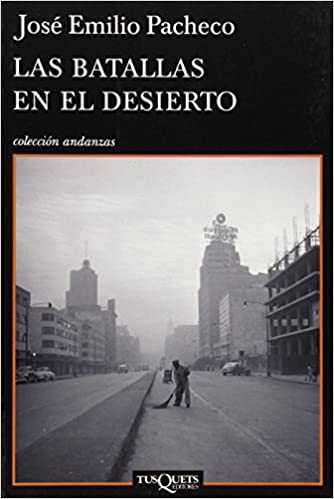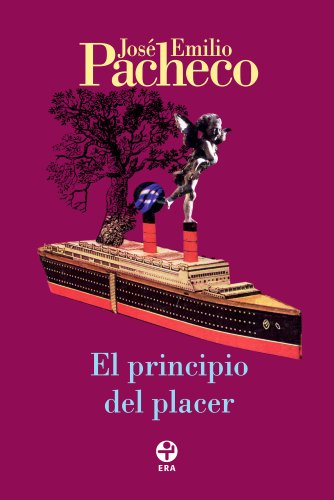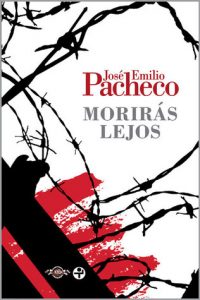Among all the great Mexican writers of the twentieth century, with world echo representatives such as Juan Rulfo, Octavio Paz y Carlos Fuentes, José emilio pacheco It may be the most versatile of all. Because Pacheco touched on everything in which language provides written testimony, narrative passion, poetic lyricism, social commitment or thought. His literary production covers all genres, except dramaturgy.
All the Pacheco's narrative concerns They emerged from a very young age, discovering the writer determined to be one before reaching the age of twenty. With that firm early vocation, José Emilio Pacheco soaked himself, with authentic conviction for the development of his own work, of all kinds of readings, in search of that synthesis that each author must end up addressing in search of his own path.
Without ever departing from his roots in which he fixed a large part of his work, especially in the essayistic and even poetic aspects, Pacheco addressed in my favorite field of fictional narrative, a multitude of stories and some novels with allegorical components and fanciful in some cases or stark sensuality in others.
Diverse compositions that in the end also end up connecting with a firm humanistic intention towards that literature committed to existence itself and to the chronicle of the times lived.
It is clear that this capacity for gender change made possible an experimental aspect in Pacheco's narrative pretension, finding that avant-garde point around an almost romantic idealism in which the sensations of childhood resonate as echoes, with the full conviction of a need to return to childhood, that paradise in which experimentation also forges temperaments and perspectives on the world.
Top 3 recommended books by José Emilio Pacheco
The battles in the desert
The desert was that place where the children of Mexico, told by one of its survivors, developed their war games.
The distant conflicts of a world located on the other side of the world map acquired replicas in that dusty meeting place in which children surrendered to the first violence with immediate armistices at the first wound in the knee.
But beyond the desert, the boy who was Carlos tells us about the oasis, about when a child about to change his skin to adulthood found in Jim's mother that disturbing reference for his age.
Between the triple awakening of the sensual, the erotic and the romantic, the rapprochement between the child and the mother sounds like tenderness and immediate moisture, in contrast to the dryness of the desert of old games and the wasteland announced at the dawn of age. adult in a country like Mexico in which moral, social and political guidelines falter more than the trembling flesh of any first love.
The pleasure principle and other stories
A relatively recent edition that summarizes stories from different periods by the author initially grouped together in two works, The distant wind and The pleasure principle.
The title of the volume provides a very concise idea about that reiterated intention of Pacheco to address the magical and strange time of transition from childhood to childhood.
The most intense and distant drives of passion and violence make their way at an age conducive to the most intense staging and the most powerful story.
The point is that this volume, in the order in which it has been established, starts from the departure of childhood and gains in that intensity of addressing the adult, what was prohibited until that moment, contextualized in a hostile world in which love It can also sour and become ignominious.
You will die away
The most experimental of narrative books. A novel with the appearance of a historical narrative based on one of the great themes of the awakening of the Western world: The Jewish Diaspora. And nothing better than the millennial journey of exile of a people stripped of their land to propose a narrative thread in which yesterday and today are decomposed thanks to the very subsistence of Jewish culture in the face of any contingency.
Everything seems united by the psychotic notion of a fugitive Nazi scientist, escaped to Mexico and around whose current fears about his arrest, all that future of Jews scattered throughout a world and connected by a tradition saved despite everything is equated.



